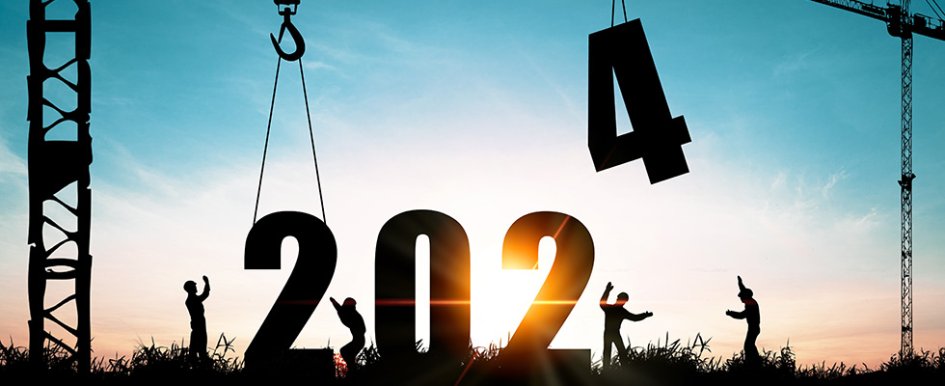
As we step into the future, the construction industry is poised for significant transformations driven by technological advancements, sustainability imperatives, and changing global dynamics. The year 2024 holds promises of innovation, efficiency, and a paradigm shift in how we design and build our physical environment. In this blog, we’ll explore the key trends and expectations shaping the construction industry in 2024.
- Embracing Sustainable Practices:
Sustainability has evolved from a buzzword to a core principle guiding construction practices. In 2024, we can expect a more widespread integration of green building materials, renewable energy sources, and sustainable construction methodologies. The industry is increasingly recognizing the importance of minimizing environmental impact, reducing carbon footprints, and achieving energy efficiency in construction projects.
- Digital Transformation and Building Information Modelling (BIM):
The construction sector is undergoing a digital revolution, and 2024 will witness an even more extensive adoption of Building Information Modelling (BIM). BIM allows stakeholders to collaborate in a virtual environment, enhancing communication, reducing errors, and optimizing project timelines. This technology is not only streamlining the design and construction phases but also facilitating better facility management throughout the building’s lifecycle.
- Integration of Artificial Intelligence (AI) and Robotics:
Artificial Intelligence and robotics are set to play a pivotal role in revolutionizing construction processes. From autonomous construction equipment to AI-driven project management and predictive analytics, these technologies will improve efficiency, reduce costs, and enhance safety on construction sites. AI can be used for real-time monitoring, risk assessment, and decision-making, contributing to more intelligent and data-driven construction practices.
- Prefabrication and Modular Construction:
In 2024, the construction industry is likely to witness a surge in prefabrication and modular construction techniques. These methods offer faster project delivery, cost-effectiveness, and reduced waste generation. With advancements in materials and manufacturing, modular construction provides a sustainable alternative to traditional building methods, catering to the growing demand for rapid and flexible construction solutions.
- Resilient Infrastructure and Disaster-Ready Construction:
The increasing frequency and severity of natural disasters highlight the need for resilient infrastructure. In 2024, construction practices will prioritize resilience and disaster preparedness. From earthquake-resistant structures to climate-resilient designs, the industry will focus on creating buildings and infrastructure that can withstand environmental challenges, ensuring long-term sustainability.
- Augmented Reality (AR) and Virtual Reality (VR) in Construction:
AR and VR technologies are transforming the way construction projects are visualized, planned, and executed. In 2024, these immersive technologies will become integral tools for design reviews, on-site training, and project presentations. Stakeholders can experience a virtual walkthrough of a construction project, identifying potential issues before construction begins, thus reducing errors and rework.
The construction industry in 2024 is on the cusp of a remarkable transformation, driven by sustainability imperatives, digital innovations, and a commitment to building a resilient future. As we embrace the technological advancements and evolving trends, the construction landscape is set to become more efficient, sustainable, and responsive to the challenges of our time. By staying at the forefront of these changes, construction professionals can not only meet the demands of the present but also lay the foundation for a more sustainable and innovative future.
